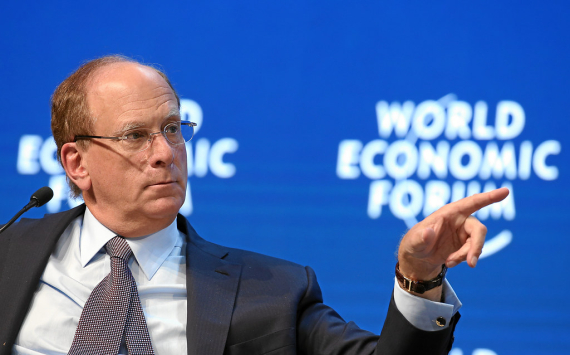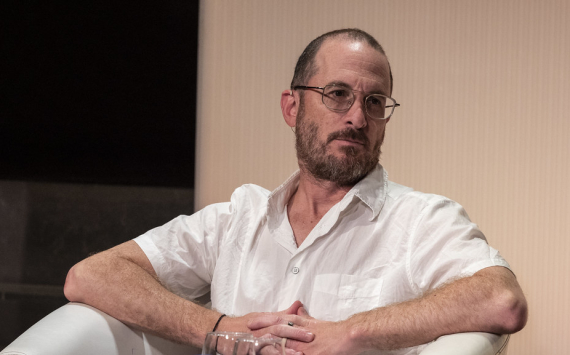
Retirement Savings Alarm Sounded
Texas voters are sounding the alarm on what they see as a looming retirement crisis, with many feeling that their savings are far from sufficient to cover post-work expenses. A new study by asset management firm BlackRock reveals that the issue, while not a focal point in recent national or state elections, is deeply concerning to a vast majority of Texans.
The study, part of BlackRock CEO Larry Fink's broader call to "rethink retirement," highlights widespread anxiety among voters about their financial future. "America needs an organized, high-level effort to ensure that future generations can live out their final years with dignity,” Fink stated in his annual letter to investors, pushing for urgent government intervention.
Surveying 500 registered voters in Texas, the research indicates that an overwhelming 91% believe the nation faces a serious retirement savings shortfall. Interestingly, while this concern ranks higher in Texas than the national average (90%), the issue remains overshadowed by more prominent political debates such as immigration and tax reform.
The study's findings offer a stark reality check: over 70% of Texas voters are worried about their financial readiness for retirement, with concerns ranging from maintaining their standard of living to affording long-term healthcare. Nationally, the average retirement nest egg is expected to be $2.2 million. Yet in Texas, 62% of respondents reported having saved less than $150,000.
Adding to the challenge, the report highlights troubling disparities across age, race, and gender lines. Younger voters, minorities, and women in particular are disproportionately underprepared for retirement. Over half (52%) of Texans aged 18-34 have no retirement savings at all, while nearly half (46%) of Black voters and 41% of women between the ages of 18-54 fall into the same category.
The looming challenge of retirement security is clear. But with less than a quarter of voters expressing confidence in their post-work financial stability, addressing this crisis will require urgent and sustained attention—both from policymakers and the public.







































